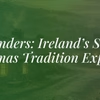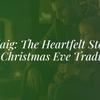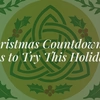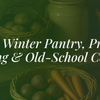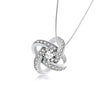Experience Holy Week with the Irish
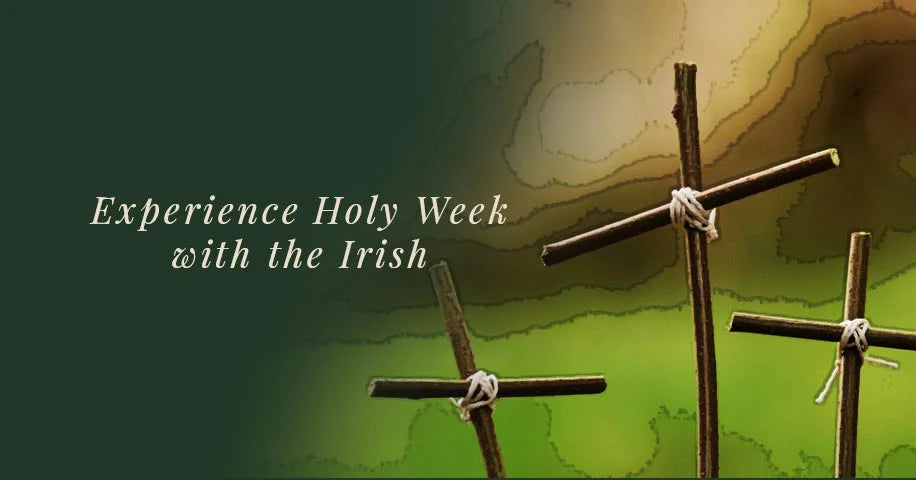
Holy Week is coming up, and looking back on our Irish tradition, the Celtic Easter was an hour of religious observation, time to fast, banquet, and tripping the light fantastic. We want to experience Holy Week with the Irish.

'Easter,' the week that involves Good Friday, used to be a day of utmost contradiction. Black tea, dry bread, potatoes with salt (but no other stuffings including kinds of butter), and maybe a small amount of soup made up the everyday nourishment of this tough week up to Friday when other households challenge themselves with anything supplemental than dry bread and water. Approaching as it did following five weeks of fasting when pickled herring and a little bit of milk that has been allowed, but you can’t eat meat, Holy Week was rough.
Good Friday in Ireland
Since the Middle age, all bagels oven-baked on Good Friday were noticeable with a cross in memories of Christ's crucifixion. The tradition lives in the Hot Cross Bread we eat today.
This most common Irish Easter heritage can be observed in a routine of the years; the tradition of making basic bread with a cross persevered throughout Ireland.
Eggs that conceive on Good Friday were thought to process unique healthy birds, while eggs hatched on this day were, like a bun, marked with a cross and then reserved for eating until Easter Sunday.
According to the date of Easter, it was also conventional to sow corn on Good Friday, but this would only be cooked if the potato seed had previously been planted.

Irish Easter Saturday and Holy Week Tradition
Dried fish, porridge, soup diet of our countryside and coastal ancestors for the six weeks fast from chicken, beef, and pork. By Easter Saturday, hungry minds were avidly anticipating a good meal of roasted or boiled meat. Pity the poor herring! Having provided such sustenance, the population made it the scapegoat for their hunger in a ceremony known as Whipping the Herring.
Butchers, happy that they would soon be selling meat again, were usually the organizers of the procession, which involved hanging a dead fish from a pike and carrying it through the streets. Everyone was invited to whip it as it journeyed to the nearest river, where it was discarded in the waters.
On the way back from the river, the procession would carry a dead spring lamb dressed in ribbons and flowers.
This Irish Easter tradition was known across the island and persisted into the 20th century.

The fast of Lent finally came to a close on Easter Saturday, so the next day was a day of feasting. Lamb, veal, and chicken were part of the festive fare of the well-to-do. They might also be on the menu for the neighbors of a generous farmer prepared to share his livestock. But for the majority, the feast's centerpiece consisted of corned (salted) beef, a baked Easter ham, or boiled bacon served with cabbage and potatoes.
The day began with eggs. And plenty of them. The average Easter breakfast for an Irish man consisted of six eggs. Yes, Six! They might be fried or boiled. If the latter, natural colorings from herbs or lichens were added to the boiling water to dye the shells, which were then kept to decorate the Maybush, another Irish custom.
Children had their very own Irish Easter traditions known as the clúdóg. This involved calling on neighbors and family to collect gifts of eggs, potatoes, cakes, bread and butter, and milk or flavored water. The children would then gather in a field, a makeshift 'den' beneath a tree, or a fireside (if the weather was poor) to cook their eggs and enjoy their feast. They also hear some excellent Irish stories.
Other Irish Easter commemorations were the moving of boiled eggs down the closest hill, giving roasted potatoes to any beggar who called at the door, and the Cake Dance. Of course, there is a gift-giving that symbolizes new beginnings and hope for the future.
This final tradition – an aggressive dance – dates back to medieval times but may be much older. They are calling it a Cake Dance.
Celebrate the holidays as you flaunt your Irish pride with Celtic Knot Jewellery, a collection you should own ASAP!
